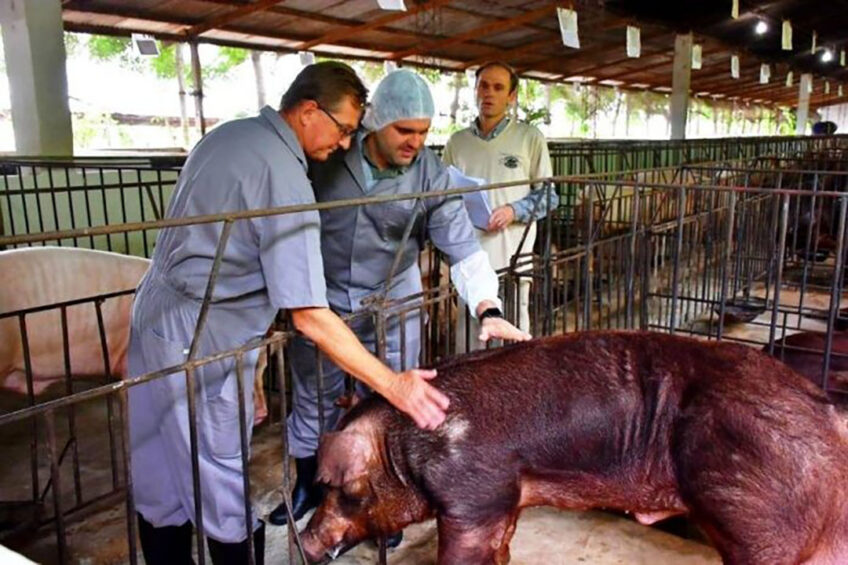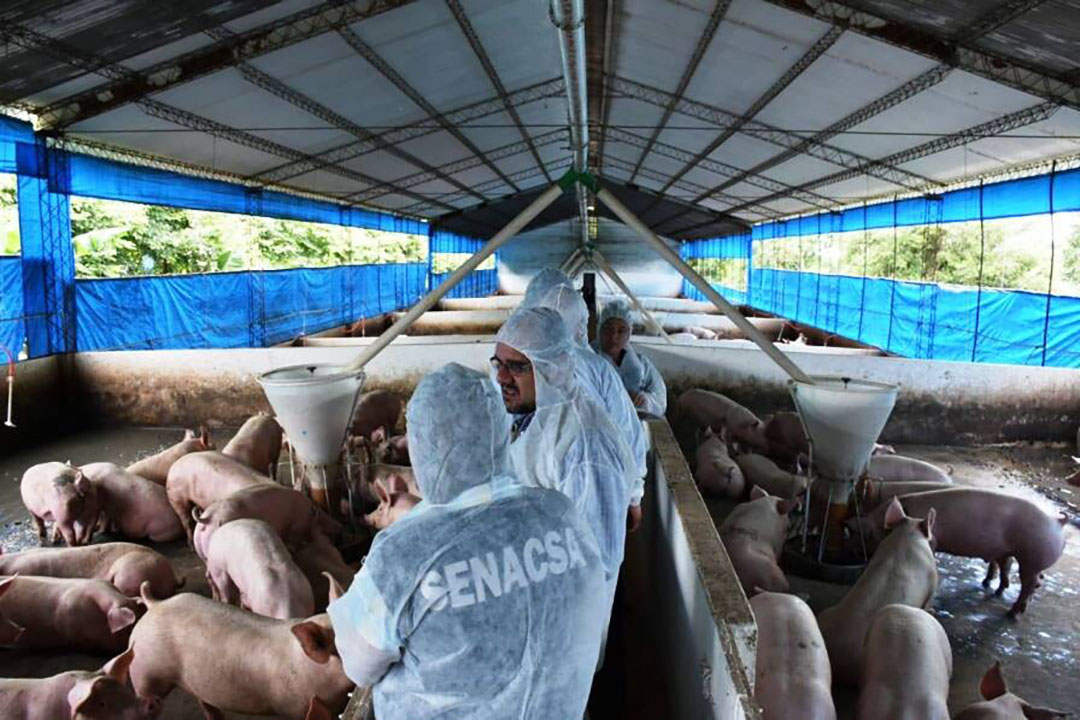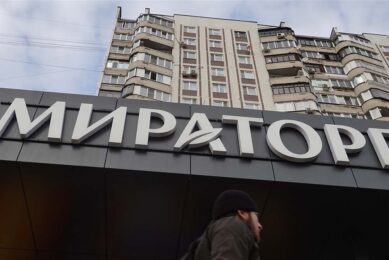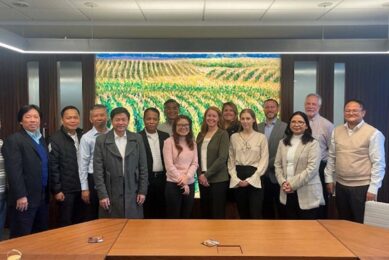Paraguay strives to advance on the global pig market

In the months leading up to the event United Pork Americas, Pig Progress takes a deep dive into pig-producing countries in the Americas. What is pork production like in the various countries in both continents, and what are the perspectives for development? Today: a closer look at Paraguay.
Paraguay has plenty of potential to become a relevant player in the world pig scenario thanks to a significant national grain production, large areas, climate and proactive producers. However, they do not have a consolidated foreign trade infrastructure and face powerful competitors in their backyard, such as Brazil, Argentina and Chile, which impedes conquering global markets.
 Pig production in Paraguay going well
Pig production in Paraguay going well
Domestically, the Latin American country has been taking off. Paraguay has increased production by 191.3% (22,906 to 66,900 tonnes) and grew its per capita consumption by 350% (from 2 to 9 kg) between 2011 and 2021.
Pork facilities slaughtered 667,465 pigs in 2021, or 184% more (432,402 head), compared to ten years before, when production amounted to 235,063 animals.
According to the Regional Office Management Information System (SIGOR), Paraguay’s national pig herd currently counts 1,503,165 head on 46,188 farms. Among those animals:
- 69.5% (1.05 million) is being kept at industrial farms;
- 3.6% (just over 53,000) are grown by medium-scale farmers; and
- 26.9% (almost 405,000) are being produced on family properties.
Increasing pork production costs
The Paraguayan Association of Pig Producers (ACCP) shared optimism regarding the expected growth pace for 2022, but expressed some concerns as well. The association forecasted an increase of sows of 20-30% while having doubts about production costs, particularly on grains.
Despite having a relevant grain production, Paraguay suffered strong droughts of late. The independent agricultural consultancy agency Datagro estimated that Paraguay’s harvest could be only 4.68 million tonnes in the season 2021/2022, compared to 9.70 million tonnes in 2020/21, largely due to the irregular climate. Corn production might be affected as well.
All in all, because of the shortage of raw materials for animal feed, production costs in the pork industry have increased recently. In addition, inflation will affect fuel, medicines and other input.
Jorge Ramírez, president at the ACCP, said, “Prices have soared to the sky and put production at risk. Small producers are at risk, which means certain regions of the country may face shortage of pork meat.”

Taiwan could become a pork import customer
Domestic growth of pork consumption has already been taking place, yet the sector also expects to enhance its development via foreign trade. Pig producers have large expectations of Taiwan’s allowance for Paraguayan pork meat.
Paraguay has requested for an exportation quota of 10,000 tonnes to Taiwan. That approval process, according to local media, is well advanced and could be concluded in 2022. Taiwan currently imports 85,000 tonnes of pork per year.
The Paraguayan National Animal Quality and Health Service (Senacsa) has already sent laboratory results about pigs from different farms throughout the country. According to La Nación newspaper, there are no longer technical objections, but the Taiwanese have to visit Paraguay for verification purposes.
Other countries importing Paraguayan pork
Senacsa informed that in 2021, Paraguay exported at least 5,000 tonnes of pork meat to 7 countries, being, Georgia (48%), Uruguay (25%), Brazil (12%), Mozambique (4%), Angola (2%), Azerbaijan (1%) and Gabon (1%).
Worth noting is that, in January 2022, exports went back to 0. Experts stated that this was related to China’s withdrawal from being an importing country, leading to other countries offering pork against lower prices.
 Beheer
Beheer








 WP Admin
WP Admin  Bewerk bericht
Bewerk bericht